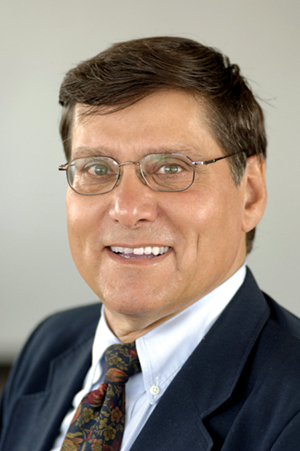Immigration Minister Jason Kenney cracked a cornball lawyer joke the other day to make a point about the shortage of skilled trades in Canada.

Everybody likes lawyer jokes. It doesn’t mean Kenney hates lawyers, at least not all the time.
Kenney was speaking to the heads of national associations of professional regulatory bodies at the Minto Suite Hotel in Ottawa.
He told his audience the wrong people are coming to Canada. He wants more skilled tradespeople. He didn’t say they’ll be trying to bring their relatives as well. But that’s what happens. People like to live in families.
A lot of immigration lawyers are worked up over his recent changes to the system. They think he’s forgetting about family reunification and closing our doors to refugees.
There could be some justification for those worries. Kenney didn’t mention families or say anything about the considerable skills refugees bring. Who knows why?
That may be for another speech.
Kenney says the shortages in skilled trades are so bad that employers are crying out for help. “Back in southern Saskatchewan, they were telling me it’s not just about unskilled farm labourers.
The skill shortages are right across the spectrum from mechanics to heavy equipment operators to geologists, to engineers to lawyers if you can believe it — the first time I’ve ever thought of the idea of a shortage of lawyers. Most people would probably say that’s a good problem.”
Kenney then brought up a surprising anecdote. “Believe it or not, I met a law firm in Weyburn, Saskatchewan, that had brought in South African lawyers as temporary foreign workers to help them carry the work burden that they have.”
There is, in fact, such a firm in Saskatchewan: Nimegeers Schuck Wormsbecker & Bobbitt. (They shortened the name to NSWB Law.)
Office administrator Bonnie Olvera says that after exhausting every advertisement, appeal, and word-of-mouth effort possible in Western Canada, they got a reply from a lawyer in South Africa who had seen their Internet ad. They hired him and he has turned out just fine.
There was a problem initially, however. Citizenship and Immigration Canada refused to let him in. So he got to Weyburn through a provincial program, says Olvera.
The firm’s partners were pleased “after sending out brochures for years to law schools in the three western provinces,” Olvera notes.
There really is a shortage of lawyers in Saskatchewan, she explains.
The legal sector is booming, particularly in rural areas. It’s all about oil, mining, and everything else that spins off from those activities.
One of the problems in rural areas is that many young lawyers are choosing to go into oil and mining law in bigger cities such as Saskatoon, Regina, Calgary, and Edmonton.
But let’s get back to Kenney and his new immigration policy. The immigration bar is all worked up about it. Under Kenney’s new law, employers and even foreign firms operating in Canada will get to pick who comes here as an immigrant.
That really riles up a lot of Canadians, especially those who don’t like foreign firms as much as Kenney. We’re a nationalistic bunch in Canada. Most of us, as much as we love foreign investment, have our own most-hated foreign firm operating here.
Kenney is a tough and abrasive politician who says many politically incorrect things. He may not always be aware of who he’s insulting.
For example, Kenney has told audiences: “Employers are going to do a much better job at selection than a passive bureaucracy.”
So now we have a passive bureaucracy? He’s talking about people who work for him when he says that.
Is that what he thinks of them? Does he prefer letting a head office in another country decide who gets to immigrate to Canada rather than have his own immigration officials do the job?
It’s a strange thing to say about the people who work for you. These are some of the same people getting pink slips from the federal government this week.
Kenney says he trusts businesspeople to pick immigrants because companies “can’t afford to recruit people to come to Canada who can’t work at their skill level on arrival.”
So he only wants workers who are ready on arrival. But that’s short-term thinking, something that usually gets companies and governments into a lot of trouble.
What about taking on somebody who may not be up to scratch right away but who could, over a longer period of time with further education and training, become a fantastic long-term employee able to work at a high level?
Who knows? That worker might even be able to take over Kenney’s job someday and then we might all be better off.
Richard Cleroux is a freelance reporter and columnist on Parliament Hill. His e-mail address is [email protected].
For more, see
"Immigration lawyers reeling" and
"Dramatic immigration reforms necessary."

 Everybody likes lawyer jokes. It doesn’t mean Kenney hates lawyers, at least not all the time.
Everybody likes lawyer jokes. It doesn’t mean Kenney hates lawyers, at least not all the time.